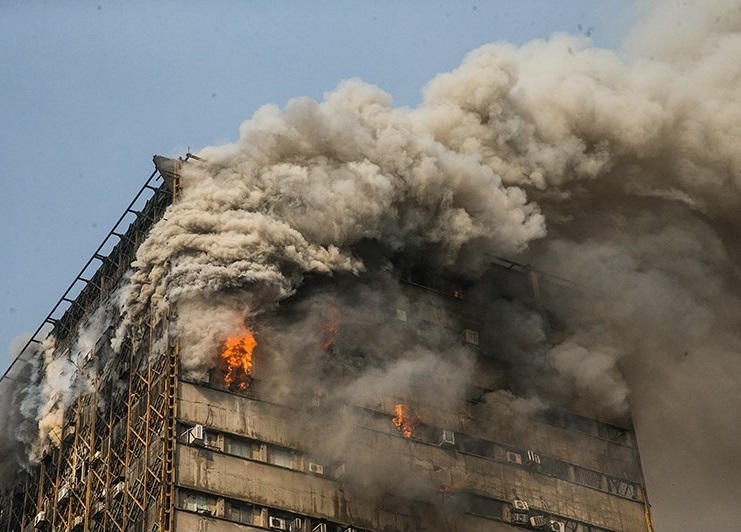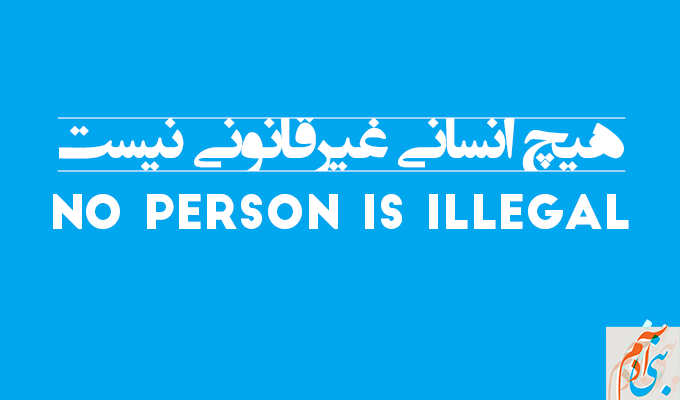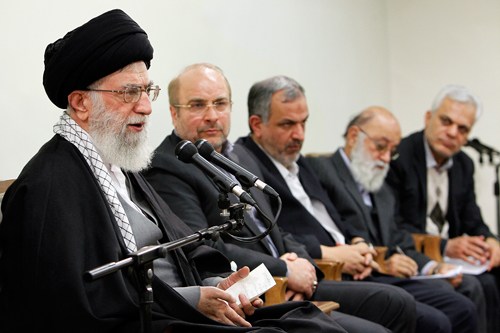
Iran’s City Councils and Power
August 1, 2017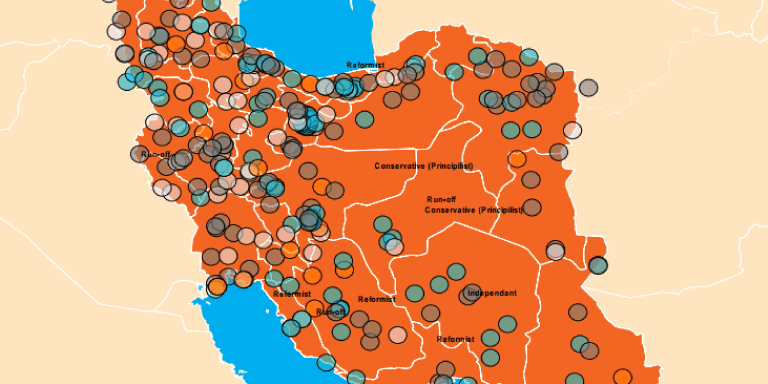
Biennial Report 2015-2016
September 20, 2017Dar Sahn – In January 2017, the 17-storey Plasco building in Tehran collapsed after becoming engulfed in flames. “Plasco” was just one of 1000 buildings deemed unsafe in Tehran
“We were defeated. We may be good at motivational speeches, but practically the capacity of our Fire Department is limited. We lost 20 of our best firefighters as well as a number of civilians in the disaster,” former Tehran City Council member Ahmad Masjed-Jamei stated.
It took nine days for the debris from the collapsed building to be cleared and all the dead to be found. A total of 235 people had to be hospitalized. In the wake of the incident, state and military officials were mobilized to reduce the damage and manage the crisis.
Now imagine:
1- If the incident had not happened on Thursday, 8 AM but at noon on the previous day when hundreds of people were working and the surrounding neighborhood was quite crowded;
2- If similar incidents occurred in other buildings in Tehran as well.
3- If an earthquake had happened….
It could be worse…
At Friday Prayers just after the building’s collapse, Tehran Fire Department official Amir Mahdiani explained that firefighters arrived on the scene within two minutes of receiving the alarm. “Without their devotion, the Plasco Building would have collapsed two hours earlier. Hundreds of people could have been trapped under the debris.”
When the fire broke out, Tehran was calm and predictable. In this atmosphere, the firefighters could reach the spot within 2 minutes. Supporting forces joined later. Had an incident such as an earthquake occurred the situation would have been quite different. How prepared are Iran’s emergency services to tackle a more chaotic incident, one that is sure to ensue at some point.
Tehran’s Earthquake Research Institute Deputy Mohammad Reza Aryamanesh believes that should a powerful earthquake happen, five million people would lose their lives. “Normally Tehran has a major earthquake about every 173 years. We have already passed the deadline.”
The last major earthquake hit Tehran in 1830, killing 45,000 people.
“We expect an earthquake with a shock of magnitude seven to eight. Such a powerful earthquake will absolutely happen in Tehran. We should expect it to occur at any moment.” Aryamanesh emphasized in an interview with a Persian-language website.
Is Iran ready for the next disaster?
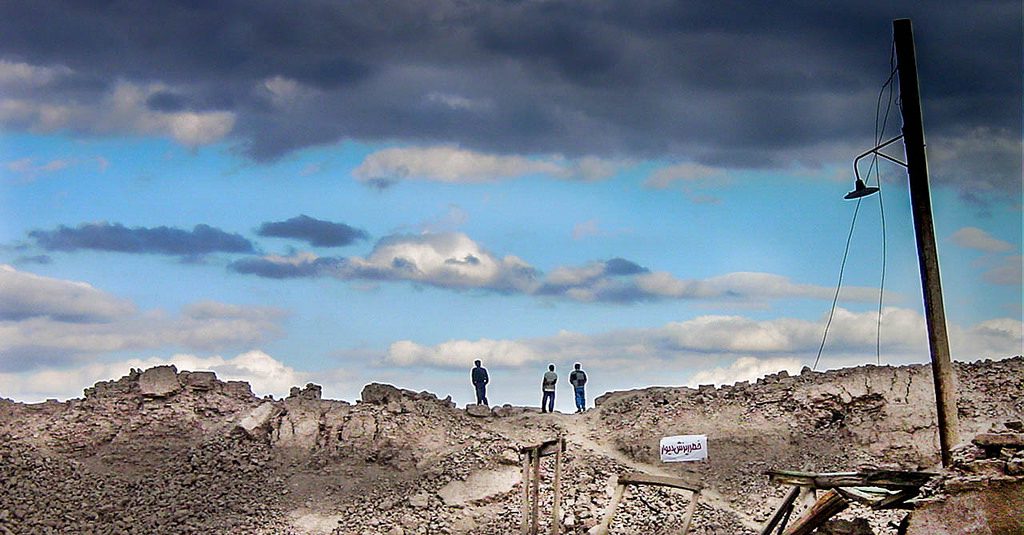
Bam after the 2003 earthquake. Photo by Roberto Maldeno . CC BY-NC-ND 2.0
The experiences from the 2003 Bam earthquake and other crises in Iran clearly show the limited capacity of Iran’s emergency response and the negative impact of mismanagement. Government institutions may be responsible for finding a solution to this situation, but the main problem lies somewhere else. The organizations responsible for emergency response are not seriously tackling these basic problems. With more determination to build capacity and seriously address crisis management and emergency response, Iran could mitigate the effects of approaching disasters.
Tehran City Council member Mohsen Sarkhoo stated that aerial firefighting was required to tackle fires such as the one at the Plasco building. “The mayor was obliged to buy firefighter helicopter but did not. When the government neglects to purchase one firefighting helicopter costing 10 billion tomans [about 305,000 USD], it means that safety is not among their priorities,” Sarkhoo stated in a media interview. He added such problems would make the responsibility of the city council more heavier. “As the voice of the people, from one side we need to encourage them to participate in their own affairs and from another side, we need to put the government under pressure to fulfill its responsibilities,” he stated.
City councils and physical security
Providing safety for its citizens is one of the most basic tasks of the city councils. The councils need to stand against any threat to the safety and lives of the people they protect. City hall spends a lot of money in areas not related to its responsibilities, including installing political banners and organizing religious ceremonies. The situation proves that members of the city councils are unable to perform their tasks properly in Iran.
Translated from the original Persian:
http://www.darsahn.org/1395/11/13/shoraha-va-tamin-amniyat-shahrvandan/


